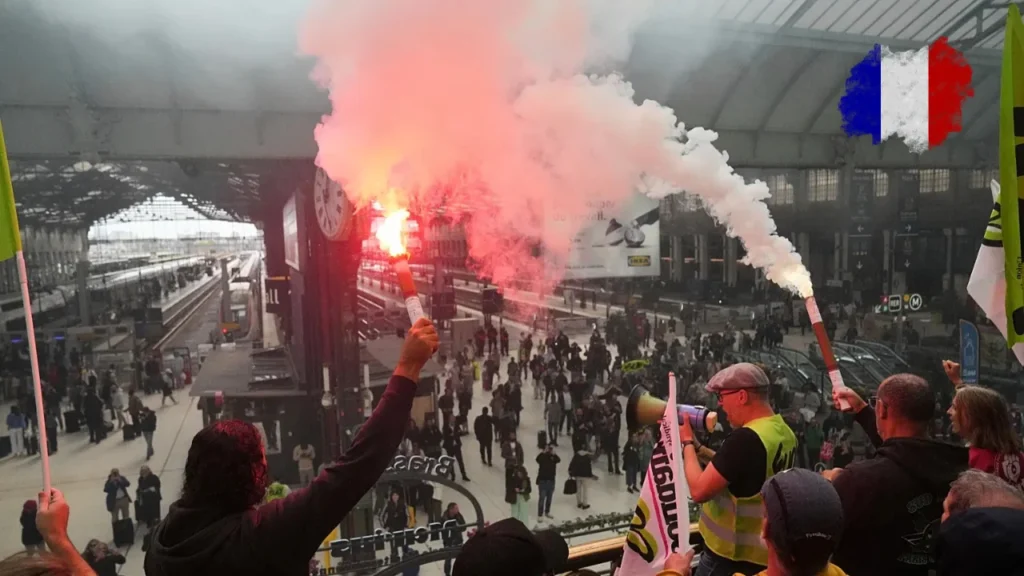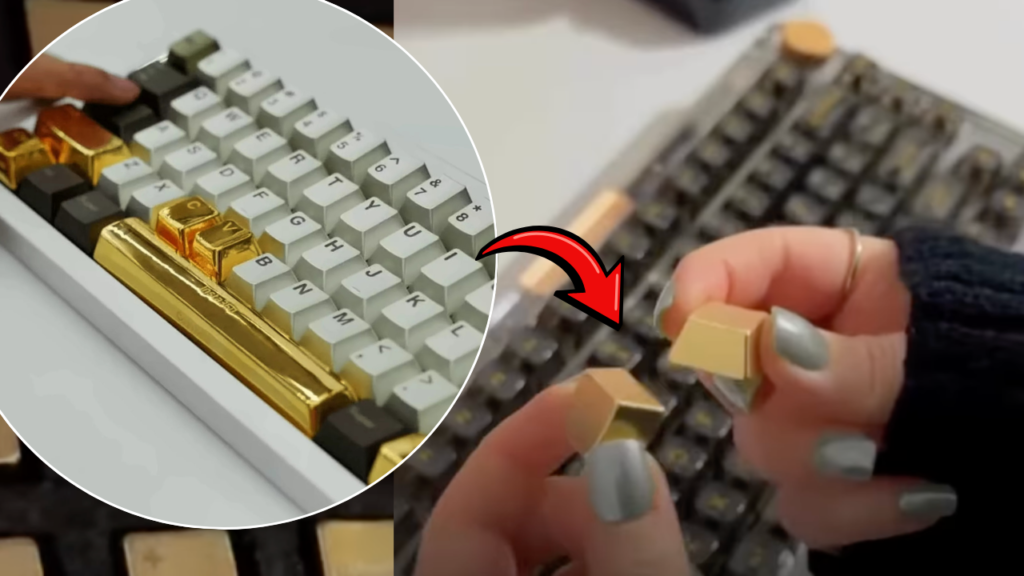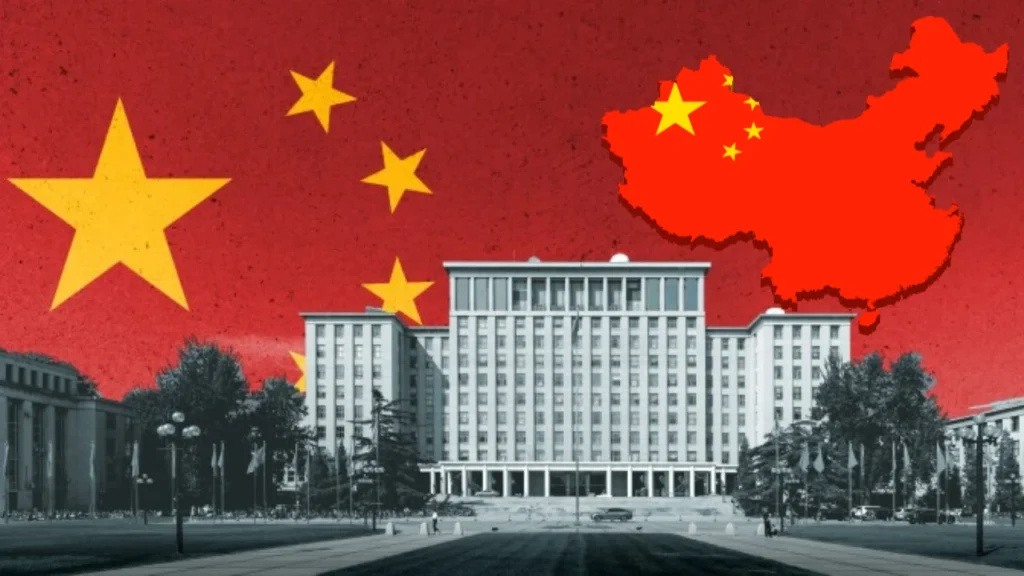France is shaking with anger over a proposed budget that many feel unfair. A grassroots movement called “Block Everything” is leading protests, civil disobedience and disruption across the country. Its demands strike at the core of ordinary life. What the “Block Everything” Movement Means? Block Everything is citizen-led, organised via social media platforms like X, Telegram and TikTok rather than by traditional parties or unions. Its tactics include boycotting large retailers such as Carrefour and Amazon, withdrawing money from banks, peacefully occupying symbolic places like town halls, and creating local assemblies and strike fund networks. Those supporting this movement want a louder voice over cuts they believe hit workers, retirees and public services the hardest.
A government budget for 2026 triggered widespread unrest. Cuts include slashing billions from healthcare, freezing pensions, removing two national holidays, reducing the country deficit, and pulling back funding across various social sectors. Many people see these measures as unjust burdens on those already suffering.
Left-leaning voters form the backbone of the movement. A clear majority of them voted for Jean-Luc Mélenchon in the 2022 elections. Only one major union, the CGT, has firmly aligned with the Block Everything protests. Other unions are holding back, planning strikes for later dates.
Protests have caused major disruption. Highway blockades in cities like Bordeaux. Rail disruption after a cable fire in Toulouse. In Rennes protesters set a bus on fire and damaged a power line. Authorities have arrested about 200 people so far. To contain unrest the government has deployed 80,000 security personnel nationwide. New Prime Minister Sébastien Lecornu enters office under pressure from both Parliament and the streets. He faces a fragmented legislature and growing anger over austerity. The direction he takes now could decide whether France reaches a tipping point.





















